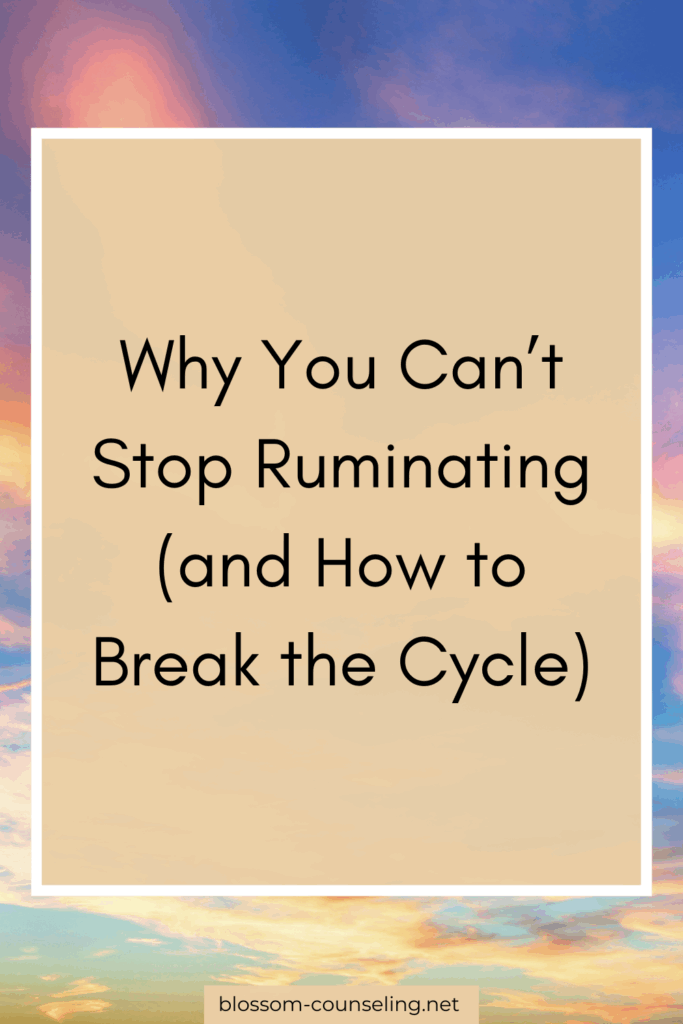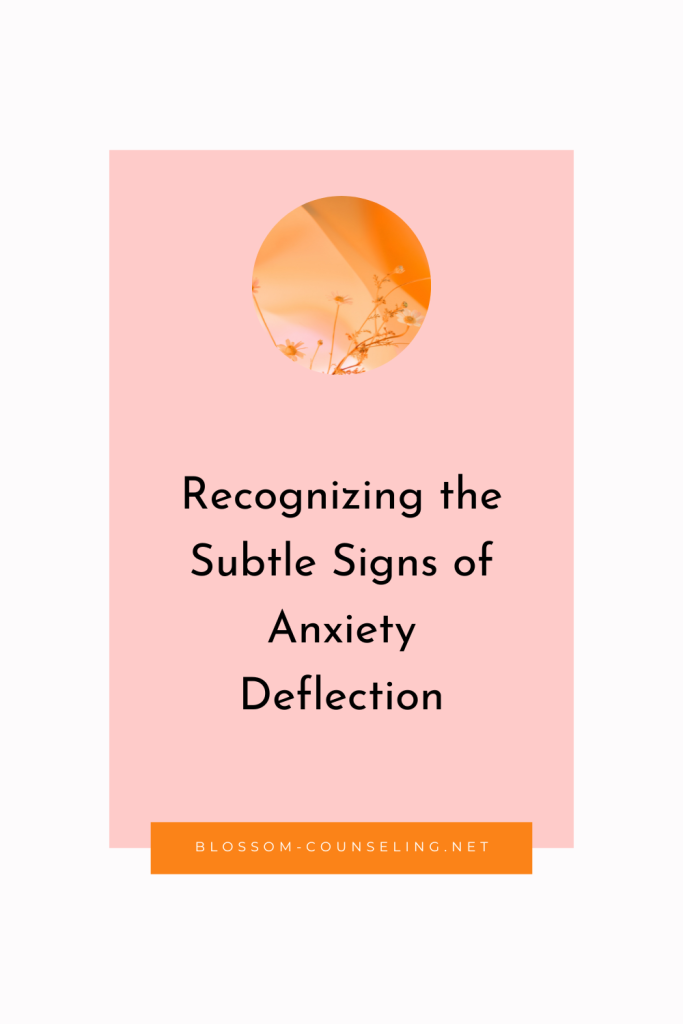
Ever find yourself stuck in an endless loop of overthinking? You replay an awkward conversation from three days ago, analyze every possible mistake, and convince yourself that you’ve completely ruined your reputation. Or maybe you obsess over a decision, imagining all the ways it could go wrong, long after the moment has passed. This mental hamster wheel is called rumination, and if it feels like your brain just won’t let go, you’re not alone.
Why Do We Ruminate?
Rumination isn’t just overthinking—it’s a persistent, repetitive focus on negative thoughts. Unlike problem-solving, which leads to action, rumination keeps you trapped in a cycle of dwelling without resolution. So why does your brain do this?
1. Your Brain Thinks It’s Helping
The brain is wired to seek certainty and control. When something feels unresolved, your mind wants to “fix” it by replaying the scenario, hoping to find answers. Unfortunately, this usually backfires—rather than gaining clarity, you just end up spiraling.
2. Your Mind Is Trying to Protect You
Rumination often stems from a deep-rooted desire to avoid mistakes, embarrassment, or emotional pain. If you’ve ever thought, If I keep thinking about this, I won’t mess up next time, then you’ve experienced this protective mechanism in action. But the irony? The more you ruminate, the less productive or prepared you feel.
3. You’re Stuck in a Habit Loop
Thought patterns, like habits, get reinforced over time. The more you ruminate, the easier it becomes for your brain to default to that state. This is why some people feel like they “naturally” overthink—it’s just a well-worn neural pathway at work.
4. Anxiety and Depression Can Fuel the Fire
Rumination is closely linked to anxiety and depression. If you’re prone to worry, your brain may latch onto uncertainties and worst-case scenarios. If you struggle with depression, rumination can feed into self-criticism and hopelessness. It’s a mental trap that makes emotional pain last longer than it needs to.
Breaking the Rumination Cycle
Understanding why you ruminate is the first step. The next? Shifting your brain out of the loop. Here’s how:
- Interrupt the Pattern – When you catch yourself ruminating, do something that physically shifts your focus: stand up, move to a different room, splash cold water on your face. Your brain needs a reset.
- Ask, ‘Is This Helpful?’ – If thinking about something isn’t leading to a solution, it’s probably just rumination. Gently remind yourself that overthinking won’t give you the clarity you’re searching for.
- Limit ‘Thinking Time’ – If your mind won’t let something go, set a timer for 10 minutes to reflect. When time’s up, redirect yourself to an activity. This teaches your brain that worry doesn’t get unlimited airtime.
- Practice Mindfulness – Instead of getting lost in past regrets or future fears, anchor yourself in the present moment. Deep breathing, guided meditation, or even paying close attention to your surroundings can help.
- Be Kind to Yourself – If you struggle with rumination, don’t criticize yourself for it. Instead, recognize it as an old habit and practice self-compassion. Your brain is just doing what it thinks it needs to do—it just needs a little guidance.
Rumination feels like it’s keeping you in control, but in reality, it’s the opposite. The more you train your mind to break free, the easier it becomes to live in the present—without the mental loop holding you back.
Our team of compassionate therapists is here to help you find the support you need. We believe in a holistic approach, treating your mind, body, and spirit. With a blend of traditional and alternative therapies, we tailor your experience to meet your unique needs. At Blossom, we create a non-judgmental space where you can be your authentic self. Our goal is to empower you, amplify your strengths, and help you create lasting change. Together, we’ll navigate life’s challenges and help you bloom, grow, blossom! You deserve to become the best version of you.




